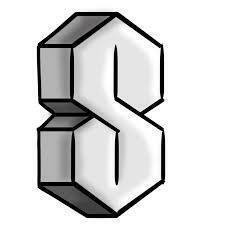-
Topics
-
0
-
Hunter_Lyre ·
Posted in General Discussion2 -
alexandremix ·
Posted in Troubleshooting1 -
CasualExtremist ·
Posted in Storage Devices7 -
0
-
dahatchhznz ·
Posted in Troubleshooting1 -
Winged Ass ·
Posted in Peripherals2 -
19
-
4
-
ryanemm ·
Posted in Troubleshooting1
-

















Create an account or sign in to comment
You need to be a member in order to leave a comment
Create an account
Sign up for a new account in our community. It's easy!
Register a new accountSign in
Already have an account? Sign in here.
Sign In Now